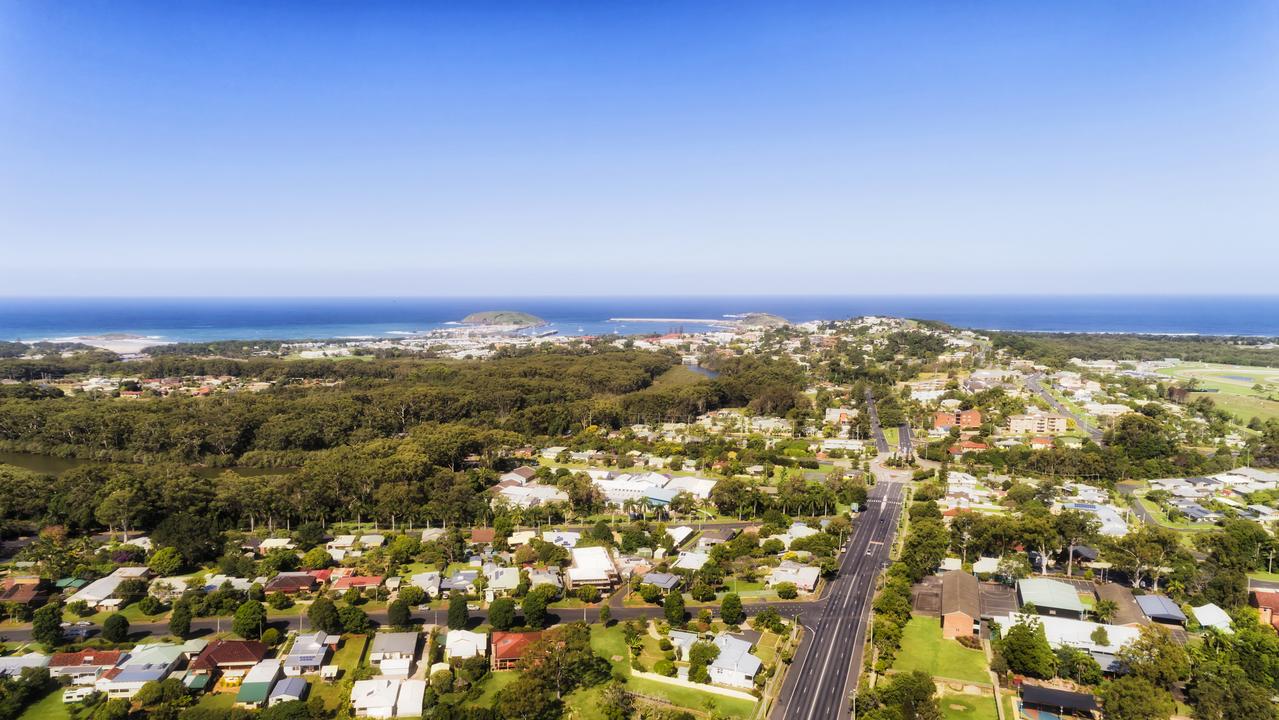Domestic violence victim-survivor Jas Rawlinson on her advocacy role and NSW’s coercive control laws
The new coercive control laws would have made a huge difference to Jas Rawlinson’s childhood. Now, she’s helping others identify the red flags, which she says could save lives.
Coffs Harbour
Don't miss out on the headlines from Coffs Harbour. Followed categories will be added to My News.
Many adults looking back on their childhood in an idyllic seaside town like Coffs Harbour would have memories filled with joy.
But for some – those who grew up in an environment of domestic and family violence – the memories are filled with trauma and pain.
Domestic violence advocate and abuse survivor Jas Rawlinson is sadly one of those in the latter camp.
Her memories of growing up include escaping with her mother from her father by running through bushland.
“I remember my father aiming our car at a one-way bridge on a bendy road, and speeding at 100 kilometres towards it – we would have died if another car was coming around the corner,” she told the Coffs Coast Advocate.

Growing up she didn’t have the language to describe the coercive control that she witnessed her father inflicting on her mother.
“As the violence was almost never physical and my father was ‘too clever’ (in his view) to leave bruises on my mother, it seemed impossible to ‘prove’ that he was abusive,” she said.
Now she understands with every fibre of her being that she is a coercive control victim-survivor and a family domestic violence victim-survivor.
So when the NSW government criminalised coercive control she felt hopeful for other victim-survivors.
“‘I know how important NSW’s new coercive control laws are and the difference they may have made to my life as a child,” she said.
“If these laws had existed back then, it would have at least given some comfort – and validation – that what I was experiencing was wrong, that it was criminal and that my dad’s crimes were punishable without the need for the abuse to be physical.”
As she approached adulthood, Ms Rawlinson has worked through her pain, including the impact of her father taking his own life when she was 18.
Coinciding with New South Wales’ new coercive control laws, Ms Rawlinson has launched a course on how to identify red flags in relationships.

Red Flags 101 is specifically designed to empower teens, teachers and community members of the three biggest red flags of toxic/abusive relationships.
According to Ms Rawlinson they are gaslighting, love bombing and coercive control.
“For the victim, they might not see these red flags as abuse, because there is still this societal idea that until something physical happens, it’s not really abuse,” she said.
In her work she explains that non-physical forms of domestic violence (such as gaslighting and coercive control) are just as dangerous as physical violence.
“Coercive control predicts a 90 per cent chance of murder within 6 months of leaving,” she claimed.
The course includes how to set strong, unapologetic boundaries.
If this article has raised any issues for you or someone you care about please call Lifeline on 13 11 14 or the Domestic Violence Hotline on 1800 RESPECT or 1800 737 732.




